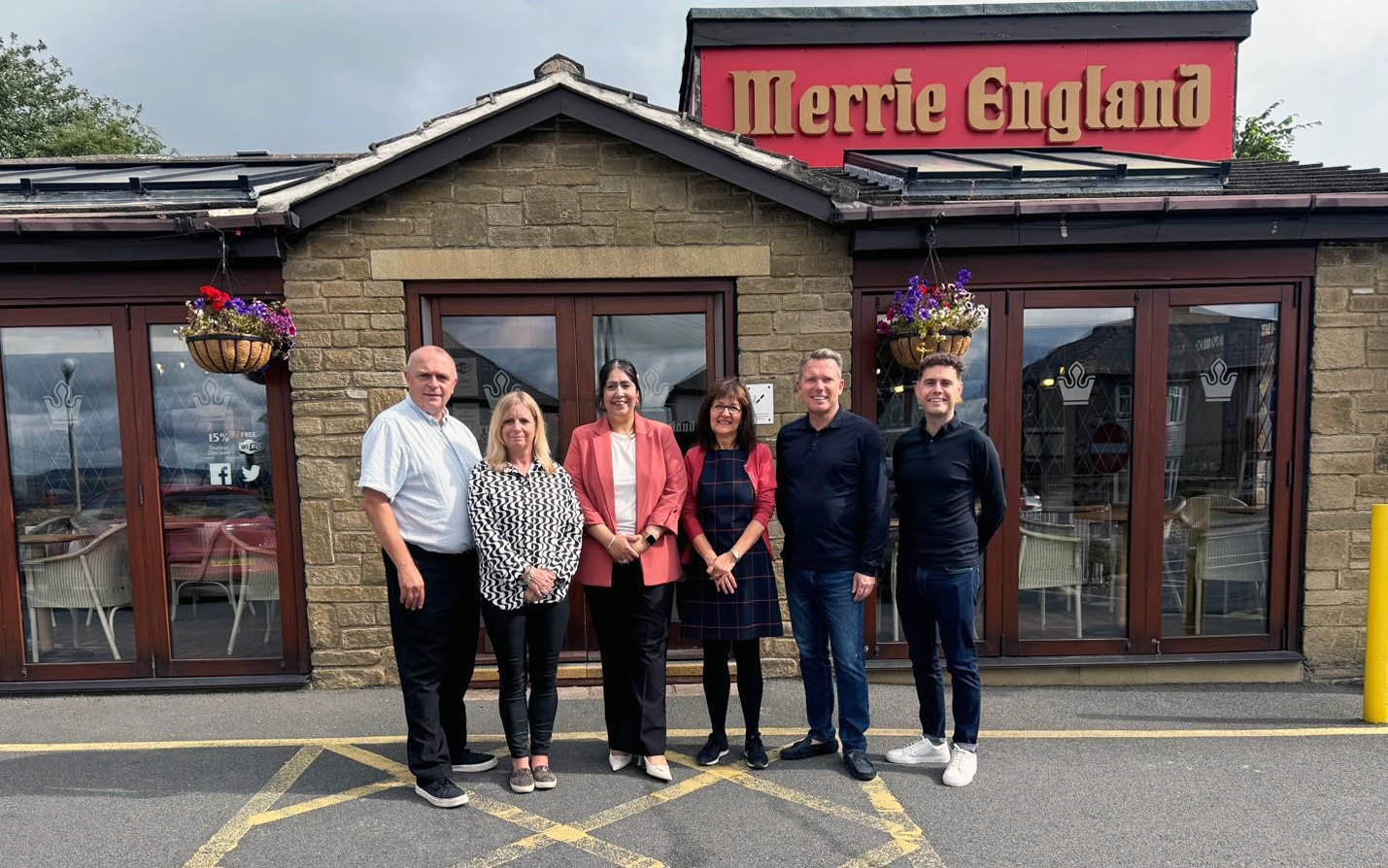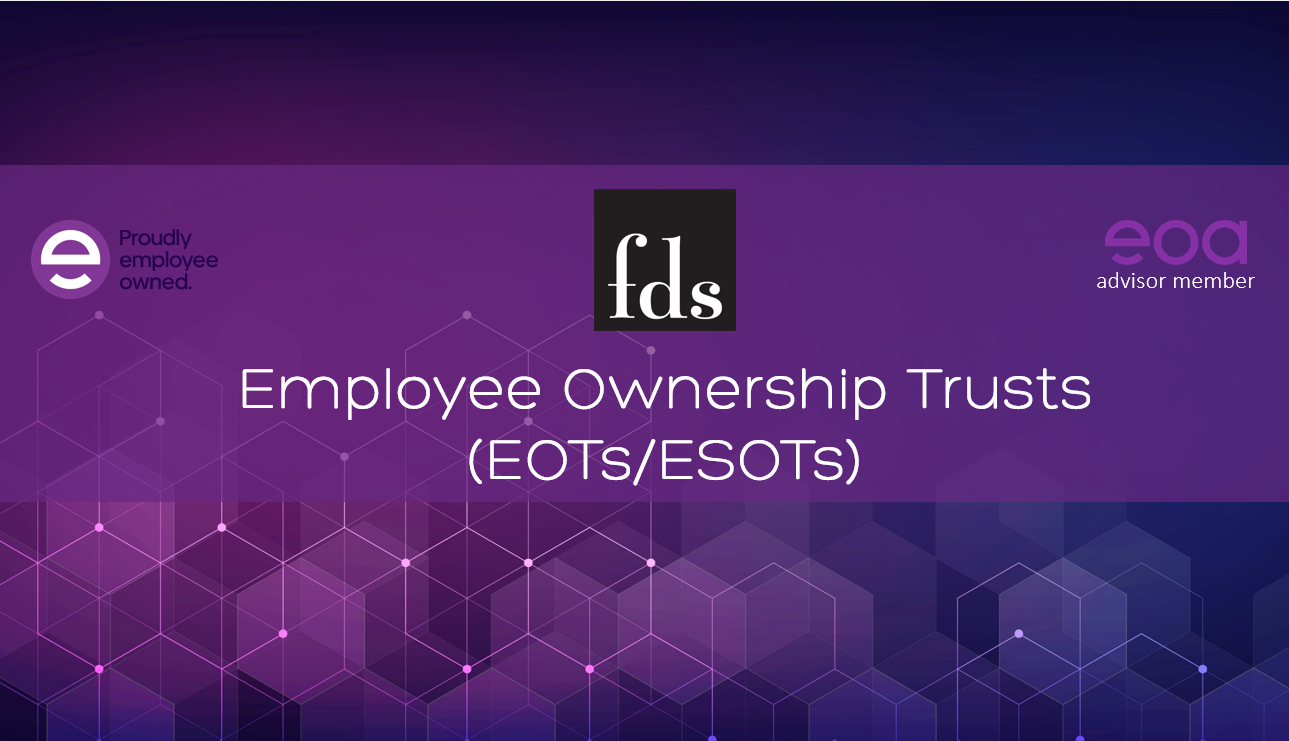Selling your business is a once-in-a-lifetime activity for many people. Even if you are a serial entrepreneur, it can be exciting but daunting. With several business exit options available, knowing the best exit route for you and your business isn’t always clear. At fds, we specialise in helping owner-managed, private and employee-owned businesses with their exit strategies. We ensure internal goals are achieved and the best possible exit is secured.
Possible Reasons for Selling Your Business
Every business owner has a unique reason for wanting to exit the business. However, we have found the reasons below to be the most popular over the years.
- You may be seeking to achieve retirement
- You could be looking to explore other business ventures or opportunities
- You may no longer have the appetite to run the business
- Ill health or other priorities may have taken precedence
- You may wish to pass the business on to the next generation, family or the existing management team
- Rewarding the existing team may be of high priority
- You may have been approached by a third party, possibly a trade company or private equity firm
- You may be going through a shareholder dispute
- You may be seeking a home for the business that can accelerate the growth
Business Exit Strategy Options
When it comes to selling your business, there are several exit strategies to consider, each offering unique advantages and challenges. Whether you’re looking to sell your business outright, pass it on to family members, or explore other innovative exit options, it’s crucial to understand your choices.
Below, we’ve outlined some of the most common exit strategies for business owners. We have provided a comprehensive overview to help you make an informed decision about the future of your business.
- Company Trade Disposal – A trade disposal involves selling a company to another business, often within the same industry. The buyer, known as a strategic buyer, usually aims to enhance market share, acquire new technologies, or enter new markets. The transaction can include purchasing the company’s shares or its assets, such as inventory and equipment.
- Employee Ownership Trust (EOT) – An employee ownership trust is where the owner transfers/sells at least 51% of their shareholding to a trust company that holds shares on its employees’ behalf. This model provides indirect ownership to the team, meaning the trust owns the shares rather than individual employees. One key advantage of Employee Ownership Trusts is that the culture and DNA embedded within the company to date remain. Another is the significant tax reliefs available for both the vendor and the employees, making this model financially attractive amongst other key benefits.
- Company Private Equity Disposal – A company disposal to a private equity firm is when a significant part, or all of the business, is sold to a private equity firm. The private equity firm then takes ownership and typically aims to improve the company’s performance and profitability before eventually selling it for a profit. The private equity firm may likely wish to retain key senior leadership team members.
- Management Buyout (MBO) – A management buyout is an exit option in which a company’s existing management team approaches the owner to acquire the business, which can be funded via external funds or a vendor loan.
- Vendor-Initiated Management Buyout (VIMBO) – A vendor-initiated management buyout (VIMBO) is a specific type of MBO with a key difference: the seller, the current owner of the company, approaches the current management team with a proposal to sell the company to them.
How fds Can Help
At fds, we have extensive experience in completing over 400 transactions across all business exit strategies listed above. We are sector agnostic, meaning we have supported clients operating in industries from healthcare and construction to information technology, retail and care, to environmental and professional services; plus, many more. We fully project manage all business exit routes to alleviate stress and allow the owners and key senior leadership team to carry on operating the business.
If you’re at the start of your succession planning journey and would like to discuss your options confidentially, please get in touch.







